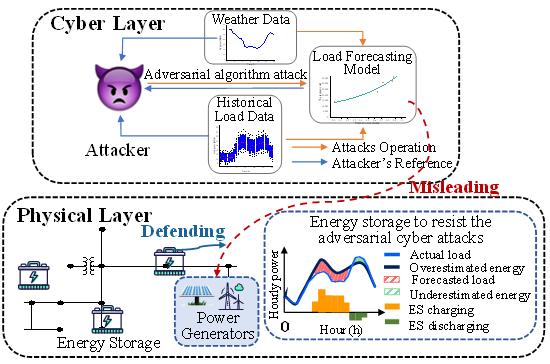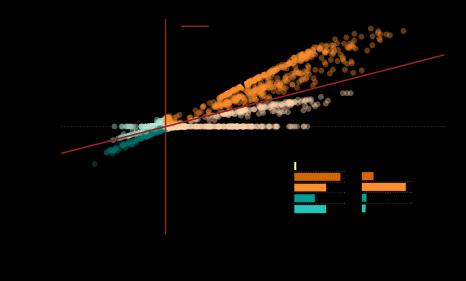A paper titled “Defending Against Adversarial Attacks by Energy Storage Facility”, by the team of Yang Yu, assistant professor at IIIS, Tsinghua University in collaboration with Jianxiao Wang, assistant researcher at Peking University, received the Best Paper Award at the 2022 IEEE Power and Energy Society General Meeting (PESGM).
The research warned that attacking to Artificial Intelligence (AI) generates a new risk of the future power grid. The authors also raised a novel approach of defend against the algorithmic adversarial attack: investing energy storage facility. The authors have shown that injecting undetectable poisoned data into the AI used in smart grid can cause a magnificent economic loss. However, the profit-seeking incentives of storage charging will block the algorithmic attack from incurring an economic loss, even if the algorithmic attack is undetectable.

Literature has demonstrated that an adversarial attack on deep-neural network can significantly mislead the load forecast of a power system. However, it is unclear how the new type of attack would impact on the operation of the grid system. In this research, it was shown that the adversarial algorithm attack induces a significant cost-increase risk which is exacerbated by the growing penetration of intermittent renewable energy.
In Texas, a 5% adversarial attack can increase total generation costs by 17% in a quarter, which accounts for around 20 million dollars. When wind-energy penetration increases to over 40%, a 5% adversarial attack will inflate generation costs by 23%.
While all current literature focuses on developing algorithms to defend against adversarial attacks, Professor Yang and Wu’s work is the first piece of research revealing the capability of using a facility in the physical system to defend against an adversarial algorithm attack in a system of the Internet of Things, such as a smart grid system.

The first author of the paper is IIIS PhD student Jiawei Li, and the corresponding author Lin Chen, incoming IIIS PhD student in Fall 2022. The research is funded by the Shanghai Qi Zhi Institute.
PESGM is the flagship conference of the IEEE Power and Energy Society, and takes place annually in North America. Every year, less than 2% of the accepted papers are included in the best paper program through a rigorous review process.
Editors: John Olbrich, Li Han

